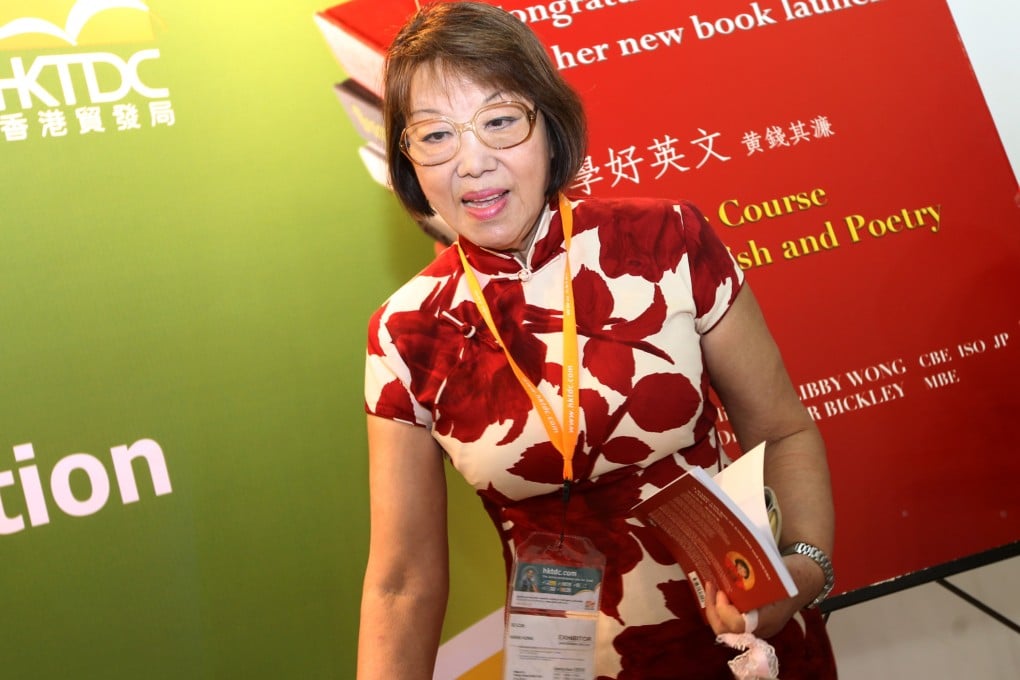Reform is an opportunity beyond risk
Conspiracies aside, election decision should focus on best way to bring prosperity to city

This is a crucial week for Hong Kong. The Standing Committee of the National People's Congress is meeting to consider methods for selecting our chief executive in 2017. The outcome is expected this weekend.
The best outcome is for the city to be given maximum latitude, within the Basic Law framework, for genuine universal suffrage to take place.
I am no prophet, but the signs aren't good for that to happen.
For one thing, Hong Kong is already cracking up along seismic political fault lines. Chants such as "in someone's pocket" or "to pocket something first" are a dead giveaway.
And behind each farcical façade comes the tragic perception that all is not well.
From various comments by the pro-Beijing and pan-democratic camps, it is clear "people's nomination" of candidates is out and "Occupy Central" is in.
Then there are serious signs of distrust. Some believe that unless Beijing exercises total control over the city's electoral system, the city might elect a confrontational chief executive to collude with foreign powers and subvert China.